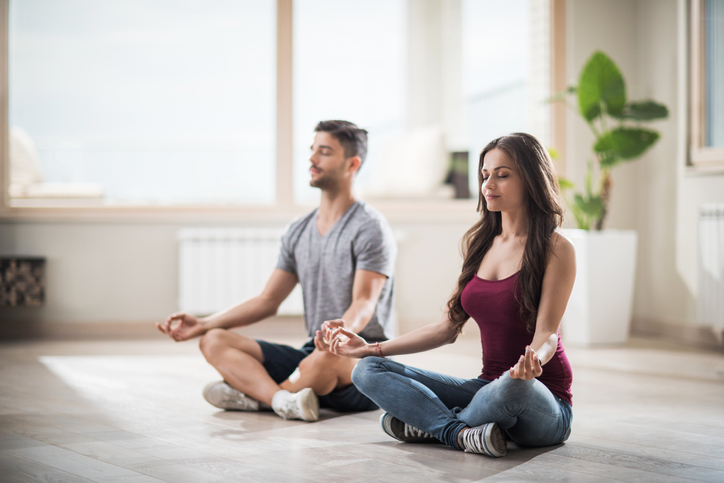If you feel anxious in social settings, it is a sign of having Social Anxiety
The fear of being evaluated negatively and being the center of attention in social settings is called Social Phobia. Generally, this leads to avoiding certain situations like job interviews, social gatherings or even activities like speaking, writing or eating in front of others. Teens who have social phobia are in constant fear of doing something embarrassing.
Here are a few situations that are commonly feared by people with social phobia:
- Speaking in front of others
- Going to family functions and parties
- Talking to strangers
- Daily activities like drinking, eating, or even using mobile in front of others
- Using public transportations and public toilets
- Waiting in a queue
Physical signs of Social phobia:
- Blushing
- Shaking or trembling
- Increased heart rate
- Sweating
- Mind going blank
- A shaky or soft voice
- Problems concentrating
- Urge to use the toilet
- Increased breathing rate
- Dizziness
- Nausea or vomiting
- Urge to escape
How to practice Slow Breathing to overcome social anxiety
Your breathing rate increases automatically when you are anxious. Learning to slow down your breathing rate when you are anxious can settle other anxious sensations, and keep your mind focused as well.
1. First, time your breaths for one minute (1 breath in and out is counted as one).
2. Then sit down comfortably in front of a clock or a watch with a second hand and start to focus your mind on your breathing.
3. Breathe only through your nose.
4. Try to breathe using your lower stomach/ diaphragm, rather than your chest muscles. Relax your stomach as much as possible.
5. Take a regular breath in for 3 seconds and then breathe out for 3 seconds. Each time you breathe out, think to yourself the word “relax” and let a little more tension go from your muscles – let your shoulders drop, and relax your face.
6. Continue breathing in this 6-second cycle for 5 minutes.
7. At the end of this, count your breaths again for one minute. Write this down.
8. The average person takes 10 to 12 breaths per minute at rest. Your breathing rate may be higher than it should be. Some people with social phobia over-breathe constantly, while other people find that their breathing rate only goes up when they are anxious. In both cases, slow breathing can help.
9. To begin, you will need to practice when already relaxed. Then you can gradually practice in anxious situations. Like learning any new skill, slow breathing takes time and regular practice. You should practice this at least 4 times a day.
Try it and share your results with us. However, if you have any other kind of phobia, do share with our experts and they’d be happy to help.

